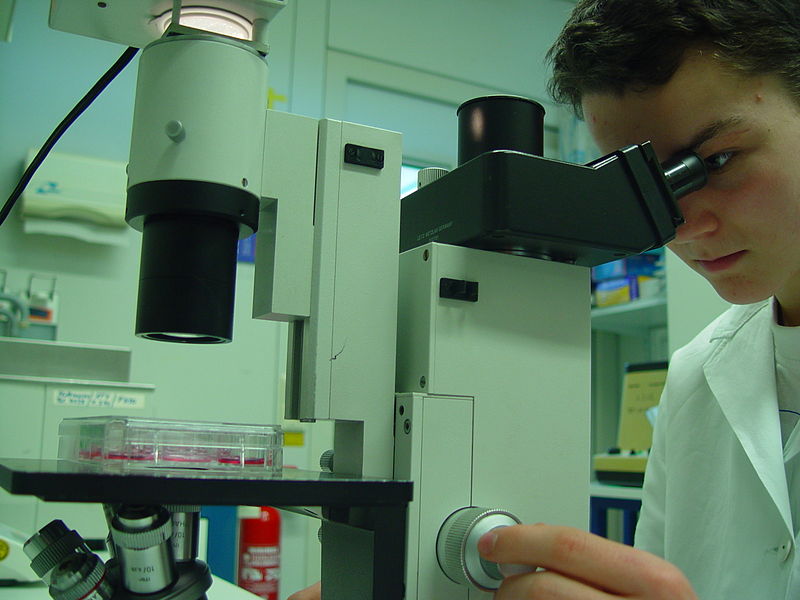The Students’ Union (SU) held an Emergency Members’ Meeting on Tuesday 13 November to discuss and vote on motions put forward to deal with two issues at the University of Sussex.
The number of students that need to attend these meetings for them to be quorate, and thus pass motions into policy, is 450. Although around 250 crowded into Mandela Hall, the meeting was unable to make any official Union policy but did fulfil the quota of 50 students present to start the meeting.
The first of the motions concerned the University’s plans to privatise Catering Operations and Total Facilities Management, which includes services such as cleaning, printing and security. The SU opposes these plans, as they argue that they will jeopardise the safety of camus, reduce the accountability of University serrvices, negatively impact on the tight-knit campus community and reduce employment opportunities for students on campus.
One Media student at the Emergency Members Meeting expressed the view that privatisation is an “undemocratic way of running a university”; he argued that “no say in this has been given to the students, and surely, as the ones paying the fees, we should be allowed representation on the committees deciding on such affairs.”
A full list of the reasons for the Students’ Union’s opposition to these plans can be found on the SU website, but at the Emergency Members Meeting, they asserted that privatisation puts profits over students and that prices for students will increase markedly.
The motion to oppose the plans was passed by an overwhelming majority, after the addition of three amendments.
The first amendment was a proposal to boycott the National Student Survey until privatisation plans are dropped; the second was a proposal to actively lobby staff, faculty and their unions to join students in opposition, and the third was a proposal to make it clear that, should privatisation go ahead, members would boycott the services.
There was particularly heated discussion over the debate of whether to boycott the NSS with some arguing that it was the greatest way to demonstrate dissatisfaction with the University.
Other students suggested that boycotting the survey was the only way in which students were able to have their dissatisfaction heard on a nationally recognised platform.
Students’ Union President and Chair of the debate, Kelly McBride, pointed out that this boycott had been implemented a number of years ago and “actually resulted in Sussex going up in the league tables”.
The second issue for discussion was the unexpected tuition fee hike for international and post-graduate students. The fees were initially increased by 12.8%; this is greatly above the rate of inflation. After objections from the SU, this was lowered to 5% and students were reimbursed.
However, since the rate of inflation is currently 2.7%, it was suggested that this increase remains too high. Some of the affected students had signed up to a ‘fixed fee’ rate, after their records were lost by University management, they had to pay the increased variable rate.
The motion on this issue was passed after the introduction of some amendments; one was to ensure that there will be a commitment on the part of the SU to ensure that this will never happen again. A further amendment was that the SU would support attempts to make the University management accountable for its mistakes.
As the meeting had started late and went on for approaching two hours, students began to leave to attend their academic commitments. This encouraged one activist within the Students’ Union to get up in the middle of the meetingand begin shouting at members, requesting that they stay at the meeting.
As the meeting did not reach quoracy, the members present were only able to vote through the two motions as an indicator of Union policy rather than officially changing the mandate of the Students’ Union. One second year Biology student commented that “you could really feel like it was democracy in action.”
A disgruntled first-year Anthropology student commented that “the meeting had become too rigid with the formalities of voting on amendments before voting on the motions. The time this process took meant that many people had to leave.”
All motions passed by the members are ‘indicative to Council’, meaning that they will be taken to the the Students’ Union Council who will decide how to take the motions forward.
Elizabeth Howell and
Bree Allegretti
News Editor



